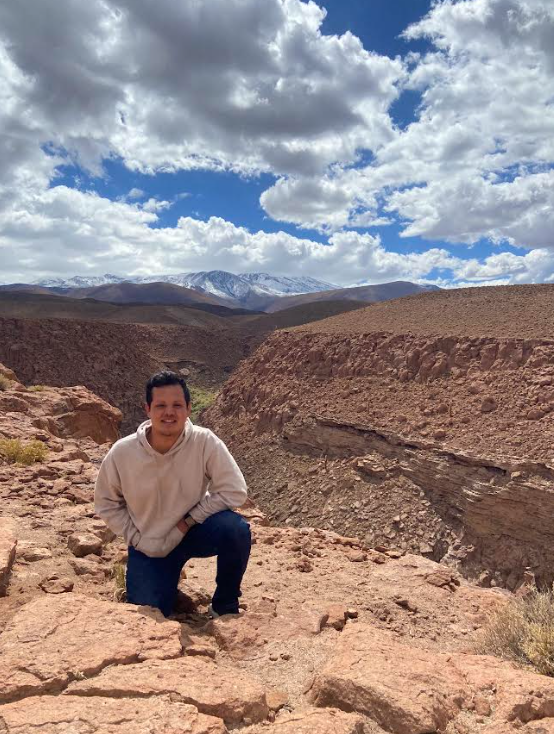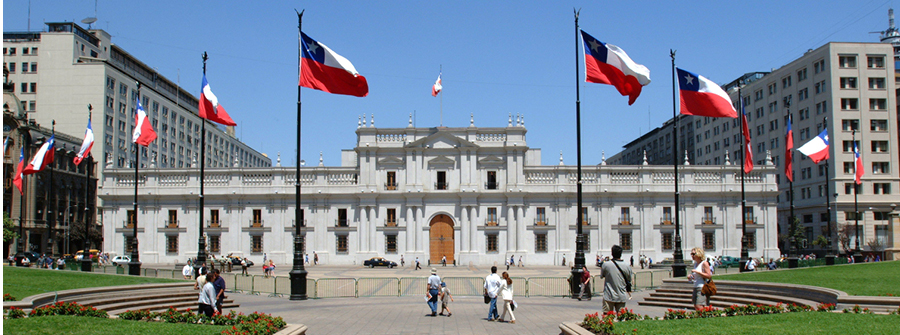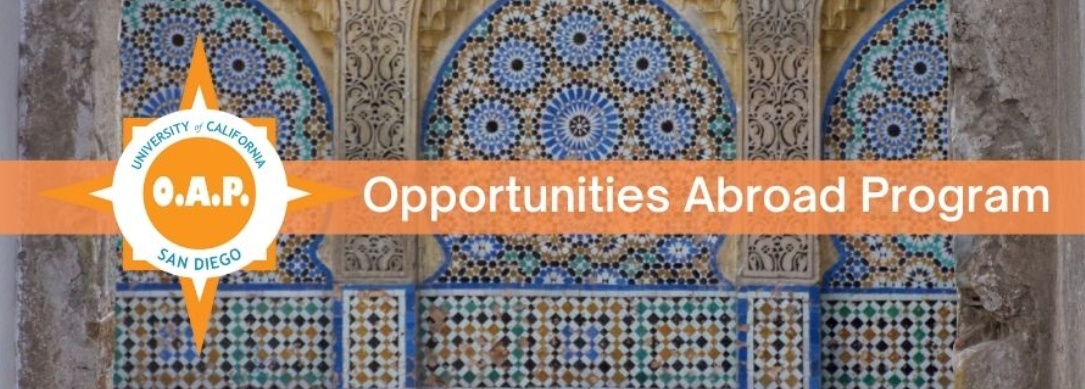Study Abroad with Latin American Studies
Students in Latin American studies are encouraged to participate in the UC Education Abroad Program (UCEAP) in Argentina, Brazil, Chile, Costa Rica, or Mexico, or in other study abroad programs offered by UC San Diego Global Seminars or the Opportunities Abroad Program (OAP).
Subject to approval by petition after courses have been completed (based on syllabi and course work); courses taken through EAP/OAP will be accepted for credit toward the major or minor and satisfy language requirements.
Students interested in studying abroad should see the Latin American Studies Program Coordinator & Advisor to discuss their plan of study before they leave. Financial aid can be used for EAP/OAP study, and special study-abroad scholarships are also available. For more information on UC Education Abroad Program (UCEAP) or UCSD's Opportunities Abroad Program (OAP), students should visit the UCSD Programs Abroad website or contact the Programs Abroad Office at (858) 534-1123 or via email at abroad@ucsd.edu.
Education Abroad Program UCEAP
Universtiy of California Education Abroad Program

Currently Offered in:
- Argentina
- Barbados
- Brazil
- Chile
- Costa Rica
- Dominican Republic
- Mexico
These study abroad programs are integraded with the University of California curriculum which grants students UC units directly. UCSD students will travel and enroll in courses with students from across the UC system, making it a unique opportunity to establish national and international connections.
Learn more about UCEAP opportunities
Learn more about the most popular opportunities with our UCSD Latin American Studies students
Read UCSD Students' stories from abroad in Latin America
Julian explored San Pedro de Atacama, Chile through UCEAP
Global Seminars GS
Global Seminars

2025 Seminars were offered in Chile, Costa Rica, Argentina, and Chile. Future Global Seminars are to be announced.
What is a Global Seminar?
UC San Diego Global Seminars are summer session global experiences led by a UC San Diego professor. Students enroll in a package of two courses for a total of eight UC San Diego quarter units. Class sizes are between 15–28 students, so there are excellent opportunities for one-on-one interaction with some of the best faculty at UC San Diego. All courses are taught in English, except for the courses that are part of an intensive language program.
Global Seminars Mission
Our mission is to increase access to study abroad opportunities for all students in good academic and disciplinary standing regardless of socio-economic status, race, gender, sexuality, or disability. Our programs are designed to provide a supportive environment where students can pursue an academically meaningful experience with highly rated faculty members focused on socially relevant topics for credit towards their degree. See the Study Abroad diversity page for student stories and resources.
Opportunities Abroad Program OAP
(OAP) Opportunities Abroad Program

From The Carribean to Mexico to Argentina and everywhere in between, you can find the program that is right for you.
- Non-UC Programs. Program options that are NOT affiliated with the UC.
- Transfer Credit. Courses will sit on a separate transcript, but may be applied towards UC San Diego major, minor, and/or general education requirements as transfer credit.
- Affordable program options. OAP partners with program providers offering grants, scholarship opportunities, and sometimes lower price points.
- Direct Enroll option. With OAP, you may direct enroll at a local university abroad, provided the school is accredited and recognized by UC San Diego. So many choices!